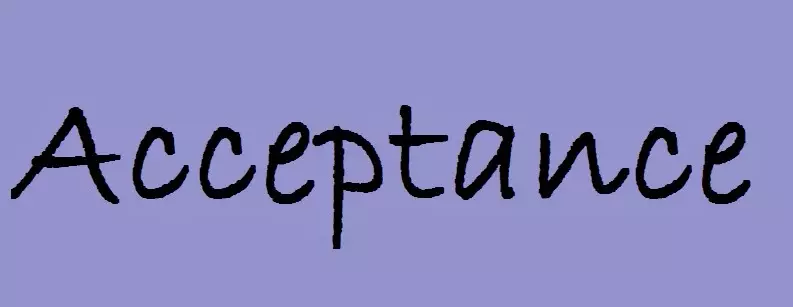What is Fraud? Discuss the Essential Elements of Fraud. Can Silence of a Party to a Contract Amount to Fraud?
Section 17 has defined fraud: Fraud means and includes any of the following acts committed by a party to a contract, or with his connivance, or by his agent, with intent to deceive another party thereto or his agent, or to induce him to enter into the contract:
- The suggestion, as a fact, of that which is not true, by one who does not believe it to be true,
- The active concealment of a fact by one having knowledge or belief of the fact,
- A promise made without the intention of performing it,
- Any other act fitted to deceive.
- Any such act or omission as the law specially declares fraudulent.
In simple words, fraud is a method of misleading a person deliberately means deceit by making certain mis-statement deliberately. Fraud includes all intentional or willful mis-representation of facts, which are material for the formation of a contract. The most important thing in fraud is the intention to mislead the other party.
Essential elements or conditions for a fraud to exist. For a fraud to exist the following are the essential elements :
- There must be a false representation of facts. To constitute of fraud there must be a false statement of facts.
- The representation must be made with the knowledge that it is false or with reckless disregard about its truth or false hood. If the person
making the statement honestly believes it to be true, he is not guilty of fraud. - The representation must have been made by the party to the contract or with his knowledge or by his agent. If a statement is made by a
stranger, it does not affect the contract. A fraud will make a contract voidable only if it is committed by a party to a contract or his agent. - The representation must have been made with an intention to deceive the other party.
- The representation must have induced the other party to act upon it. An attempt to deceive which does not deceive is no fraud. The fraud
must have in fact affected the willingness of the other party to enter into a contract. - The party misled must have suffered some loss. It is a common rule of law that there is no fraud without damage. Therefore, the misled
party must suffer a loss. The damage may be some loss in terms of money or money’s worth. Without damage fraud does not give rise to
any action for deceit.
Silence as Fraud:
Section 17 states: Mere Silence as to facts likely to affect the willingness of a person to enter into a contract is not fraud unless the circumstances of the case are such, that regard being had to them, it is the duty of the person keeping silence to speak or unless his silence is in itself equivalent to speech. Therefore, the general rule is that silence as to facts likely to affect the willingness of a person to enter into a contract is not fraud.
When silence amounts to fraud? Under the following cases, silence as to facts amount to fraud:
Duty to speak : Silence is fraudulent if the circumstances are such that it is the duty of the person to speak. Duty arises when one contracting party reposes trust and confidence in the other. ‘It also arises in cases where one party is not in a position to discover the truth and therefore depends on the good sense of the other party. An insurer, for example, has to depend on the disclosures made by the Other party. A contract of insurance is, therefore, regarded as a contract of absolute good faith. Similarly contract for the sale of property, family settlement, etc., are all contracts of good faith. In all these cases it is the duty of the parties to disclose all material facts known to them.
Silence is in itself equivalent to speech : Silence is sometimes itself equivalent to speech. So where a person knows that his silence is going to be deceptive, and still keeps silent, he is guilty of fraud.
Change of circumstances : Sometimes a statement may be true when it is made, but due to change in circumstances it may become false when it is actually acted upon. In such, cases it is the duty of the person to communicate the changed circumstances. For example, a company’s prospectus contained a statement that certain persons were the directors of a company. This was true. But before allotment, there were some changes and some directors had retired. This was not communicated to applicants of shares. It was held to be sufficient basis to avoid the contract of allotment.
Consequences of Fraud (Section 19). Where a contract is caused by fraud, in whatever way, the following consequences will be there.
- The contract shall be voidable at the option of the person defrauded. He may rescind it or may continue with it.
- If he opts for continuation of the contract, he may, if he thinks fit, insist that the contract be performed and that he shall be put in the position in which he would have been if the representation made had been true.
- The affected party can demand damages le., compensation for loss, from the guilty party.





